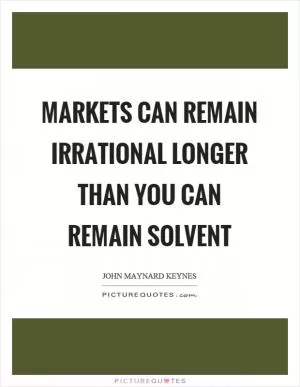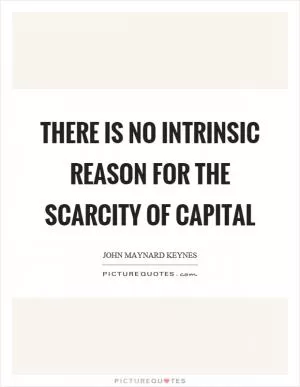The forces of the nineteenth century have run their course and are exhausted

The forces of the nineteenth century have run their course and are exhausted
John Maynard Keynes, a prominent economist of the twentieth century, would likely argue that the forces of the nineteenth century have indeed run their course and are exhausted. Keynes was a key figure in the development of modern macroeconomics and is best known for his revolutionary ideas on government intervention in the economy to promote economic growth and stability.In the nineteenth century, the dominant economic theory was laissez-faire capitalism, which emphasized minimal government intervention in the economy and the belief that markets would naturally self-regulate. However, Keynes believed that this approach was no longer sufficient in the face of the economic challenges of the twentieth century, such as the Great Depression.
Keynes argued that the forces of the nineteenth century had led to economic instability and inequality, and that a new approach was needed to address these issues. He believed that government intervention, through fiscal and monetary policy, was necessary to stabilize the economy and promote full employment. Keynesian economics, as his theories came to be known, emphasized the importance of aggregate demand in driving economic growth and advocated for government spending to stimulate the economy during times of recession.
Keynes' ideas were revolutionary at the time and challenged the prevailing economic orthodoxy of the nineteenth century. His theories were instrumental in shaping economic policy in the decades following the Great Depression and continue to influence economic thought to this day.












 Friendship Quotes
Friendship Quotes Love Quotes
Love Quotes Life Quotes
Life Quotes Funny Quotes
Funny Quotes Motivational Quotes
Motivational Quotes Inspirational Quotes
Inspirational Quotes